EU experts call for a swift coalition of the willing for defense
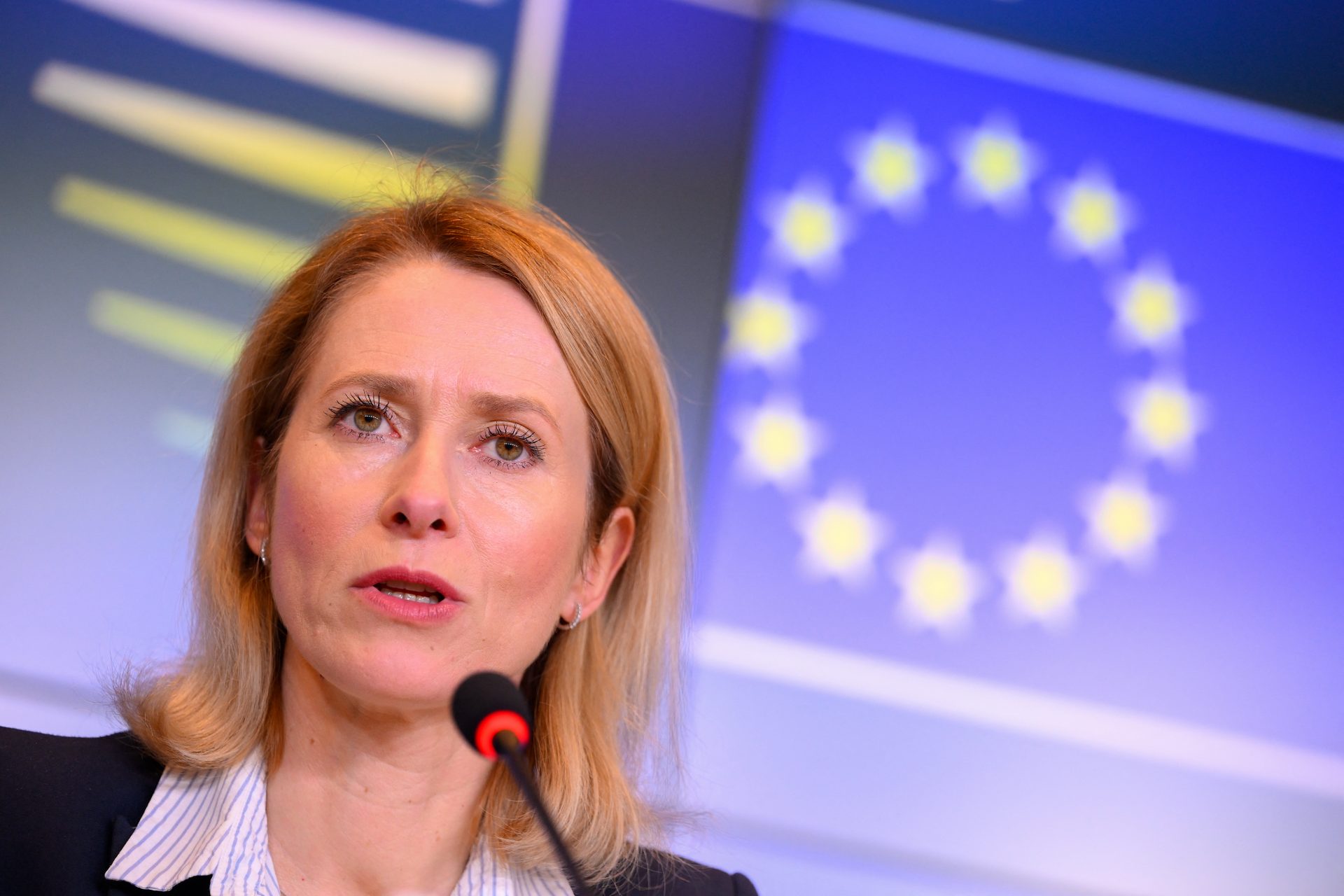
Brussels – Will a “Coalition of the Willing” protect Europe from a Russian attack? Time is running out, but it will likely take some time before a real European defense alliance is ready for action: This is the consensus among experts interviewed and heard by APA in Brussels. What role could neutral countries like Austria play here? According to Karel Lannoo from the think tank CEPS, none at all, as he “no longer believes in neutrality in this context.”
“The EU has no operational (military, ed.) structure, but we need a structure very quickly,” said the managing director of the Brussels “Centre for European Policy Studies (CEPS)” in a conversation with APA. For example, if Russia were to attack the Baltic states, it is unclear who would respond: “There may be no reaction at all. Europe must be able to tell Russia: If you do this, we will do that.” Therefore, the “Coalitions of the Willing must be formed sooner rather than later.” He hopes for “strong protection from a group of European countries.”
Europe needs “quickly mobilizable, strong armies”
According to Lannoo, Europe needs “quickly mobilizable, strong armies.” An operational command structure must be urgently developed. However, this is “impossible with 27,” and it requires “three large countries. A lot needs to be done on the European side: logistics, operational capability, combat aircraft, intelligence. The American protective umbrella is no longer there,” said the Belgian. Under the leadership of Great Britain and France, there have been several meetings of EU and non-EU countries in recent months to form a “Coalition of the Willing” for a lasting peace in Ukraine.
But according to Luigi Scazzieri, chief analyst at the European Union Institute for Security Studies (EUISS), it will not be possible without the USA: “A certain level of support from the USA for the coalition would also be important, and so far that is not the case.” The Italian does not believe that there will be a real European army anytime soon: “Any military operation in Ukraine would involve a group of European countries (EU + non-EU countries like the United Kingdom or Turkey), with the individual military parts operating under a common command. The command could be through NATO or a nation-state.” Due to the differing positions of EU member states, a military operation in Ukraine would most likely occur through a coalition of the willing outside the EU framework, Scazzieri told APA.
EU states must be ready to act outside the EU framework
“We need to be more concrete when we talk about CoW and what could be done within or outside the EU treaties,” demanded Janis Emmanouilidis, deputy director and study director at the Brussels European Policy Centre (EPC), during a discussion round of the think tank. “The EU and the member states need to be more ambitious and willing to do something outside the EU framework.” Such coalitions could “if used correctly, also be leverage: Not only for those who are obviously in the way, but also for those who are not willing to jump into the water.”
However, the EU expert is against establishing new, permanent structures outside the EU framework, a “new union outside the EU”: “The creation of parallel structures would undermine the EU as we know it.” It is also important not to forget future member states alongside non-EU countries like the United Kingdom: “The vanguard must be an open vanguard.” Coalitions of states will be the predominant form in the coming years, believes EPC director Fabian Zuleeg. He emphasizes, however, that some countries would be restricted by their constitutions: “We must not forget that we have neutral countries with restrictions.”
Austria’s neutrality is an “extreme weakness”
For Karel Lannoo, Austria’s neutrality is a post-war construct and an “extreme weakness for Austria: Austria expects to be protected by another country.” He also considers the “special relationship with Russia” to be “very dangerous”: “Russian propaganda works very well.” There is an urgent need for a wake-up call for Austria. By 2025, the structure of the CoW must be clear, he demands. But: As so often in Europe, there is a “prisoner’s dilemma, everyone is waiting for each other: The French may have an idea, (German Chancellor Friedrich, ed.) Merz, the Poles, the British have an idea, but will they put their heads together?”
EPC chief Zuleeg thinks that coalitions with many states can work if it is done “in a more structured way”: “If the member states see that something is being created outside, but close to the EU institutions,” it could also bring EU states on board that initially did not want to participate. However, he also warns of the “enemies within, who effectively work against the common interest in certain countries,” without naming Hungary’s Prime Minister Viktor Orban literally. He repeatedly blocks important decisions regarding Ukraine with a veto. CEPS chief Lannoo considers Orban to be less dangerous: He “only shouts into the megaphone,” and ultimately will “obey.” (10.05.2025)
What's Your Reaction?
 Like
0
Like
0
 Dislike
0
Dislike
0
 Love
0
Love
0
 Funny
0
Funny
0
 Angry
0
Angry
0
 Sad
0
Sad
0
 Wow
0
Wow
0





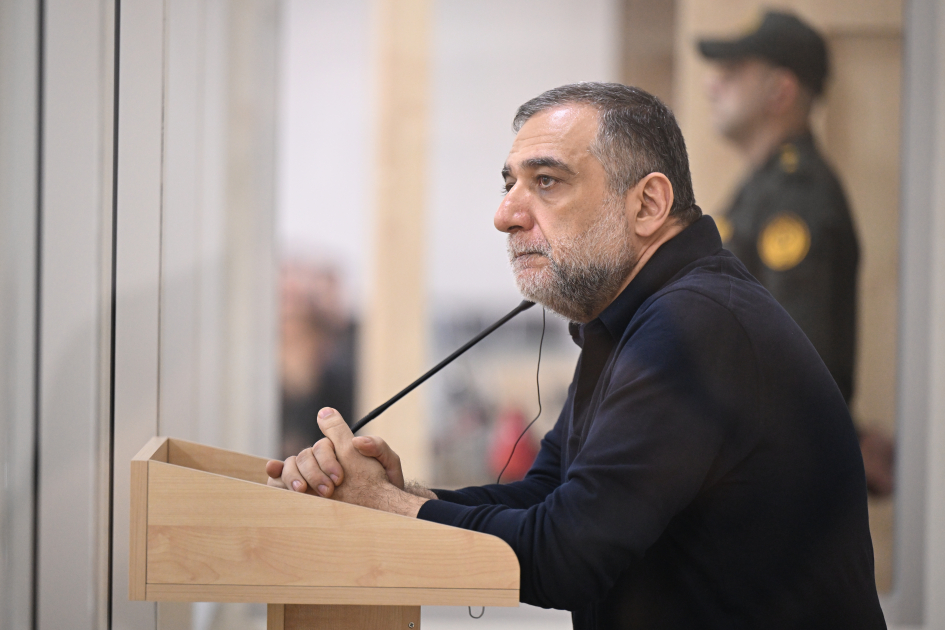
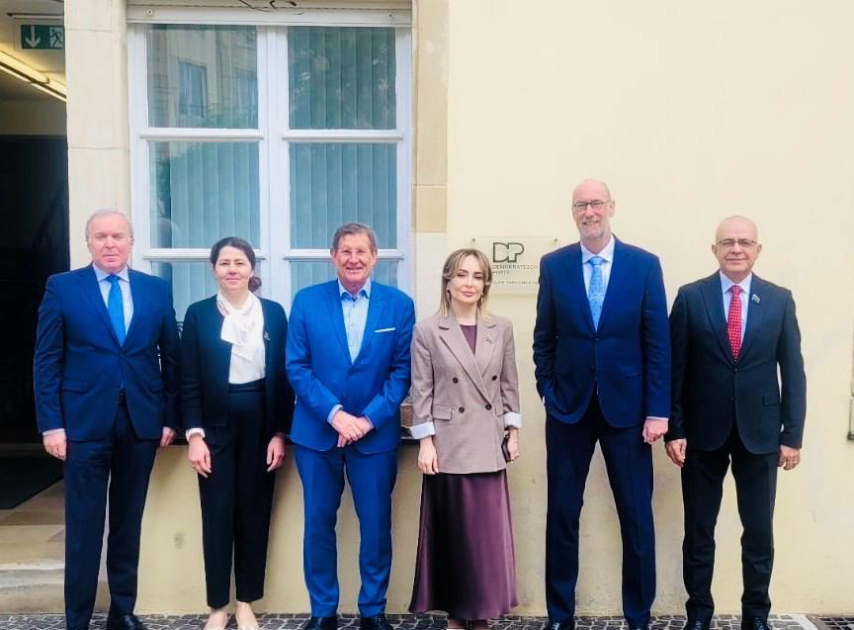
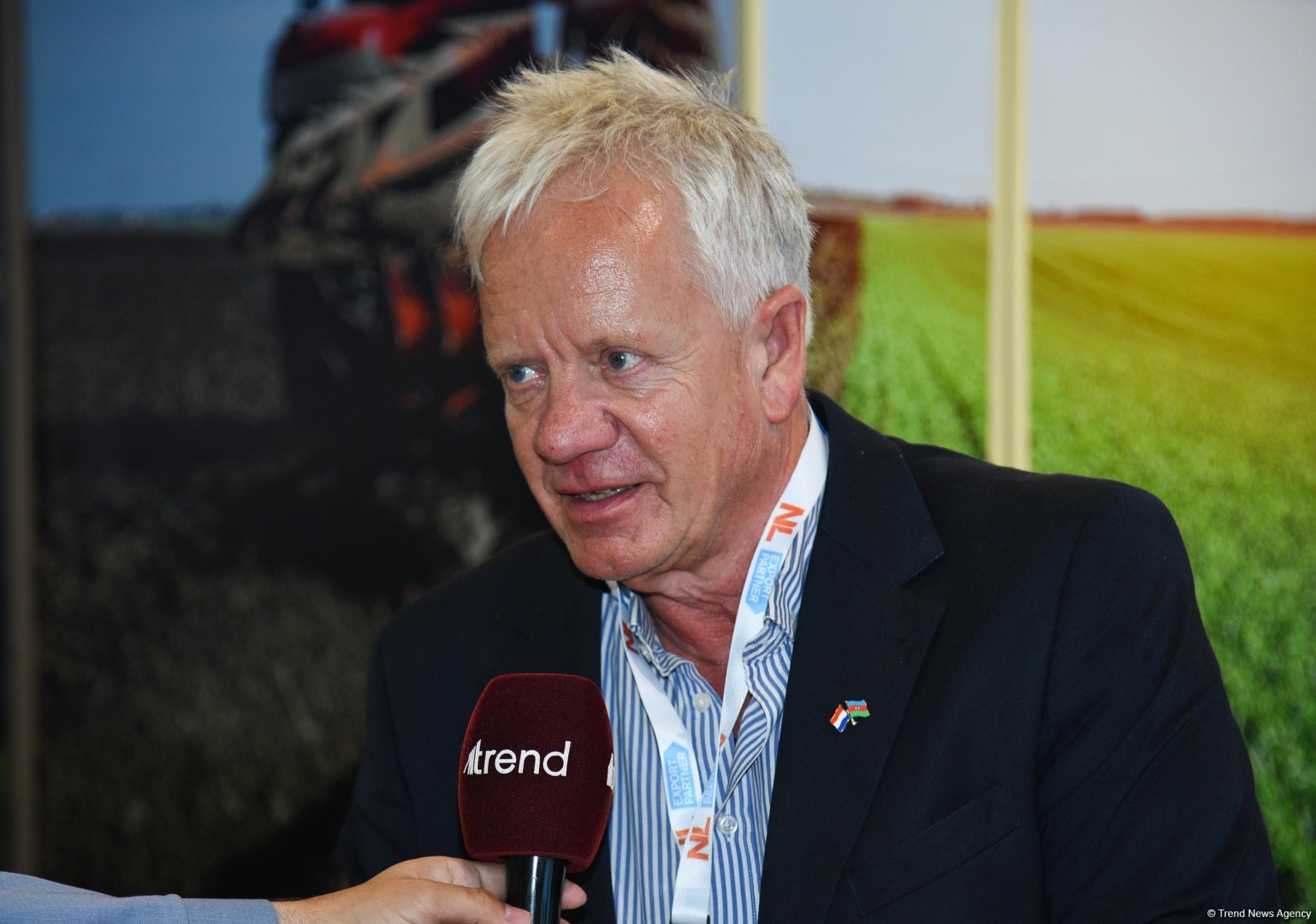
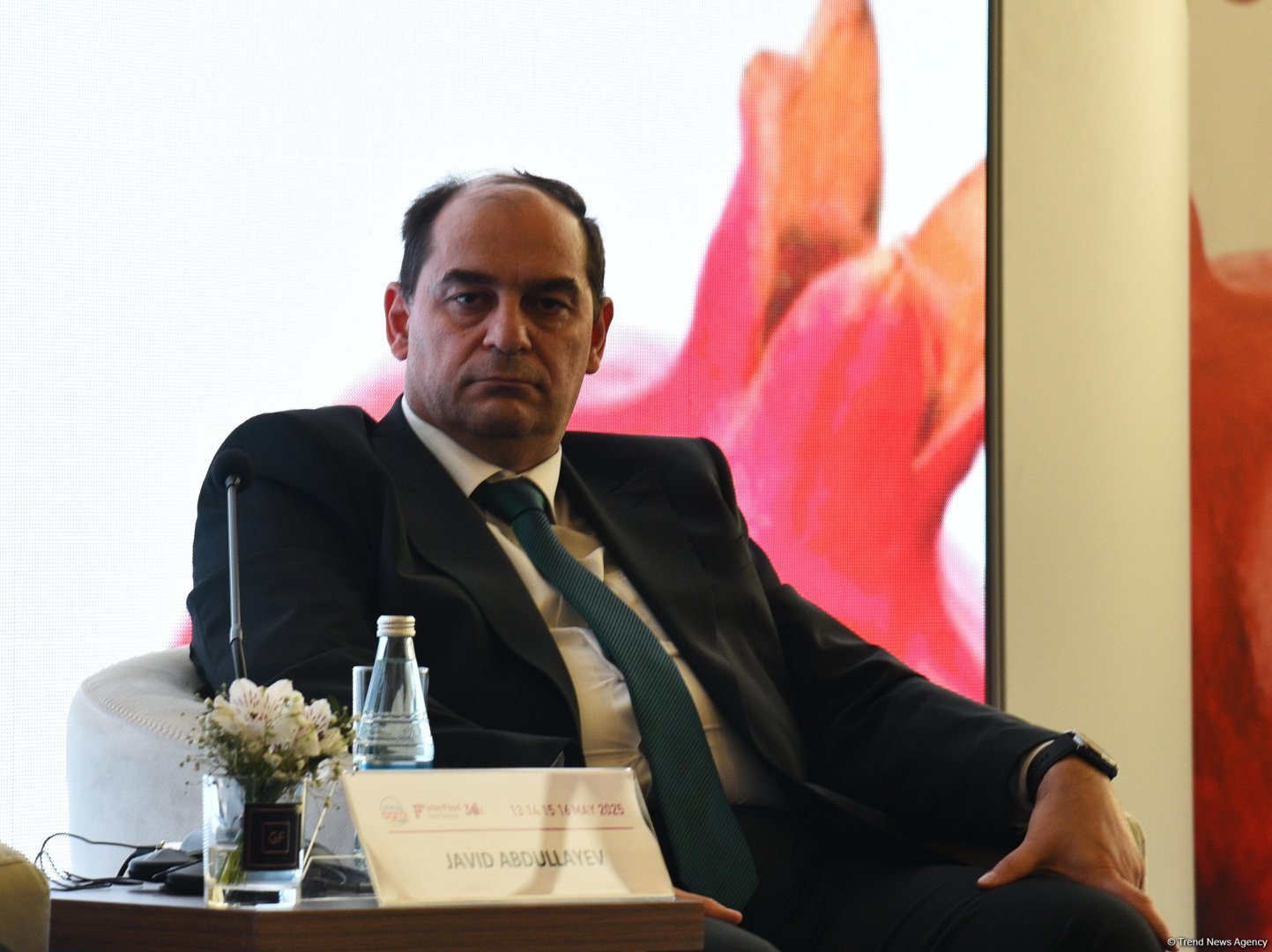











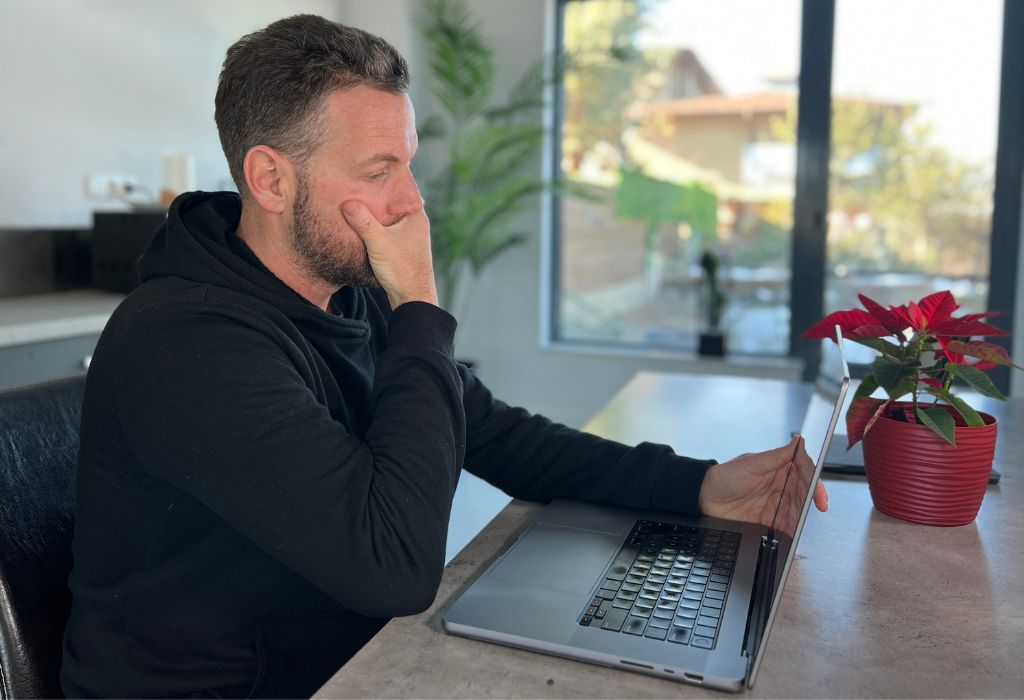


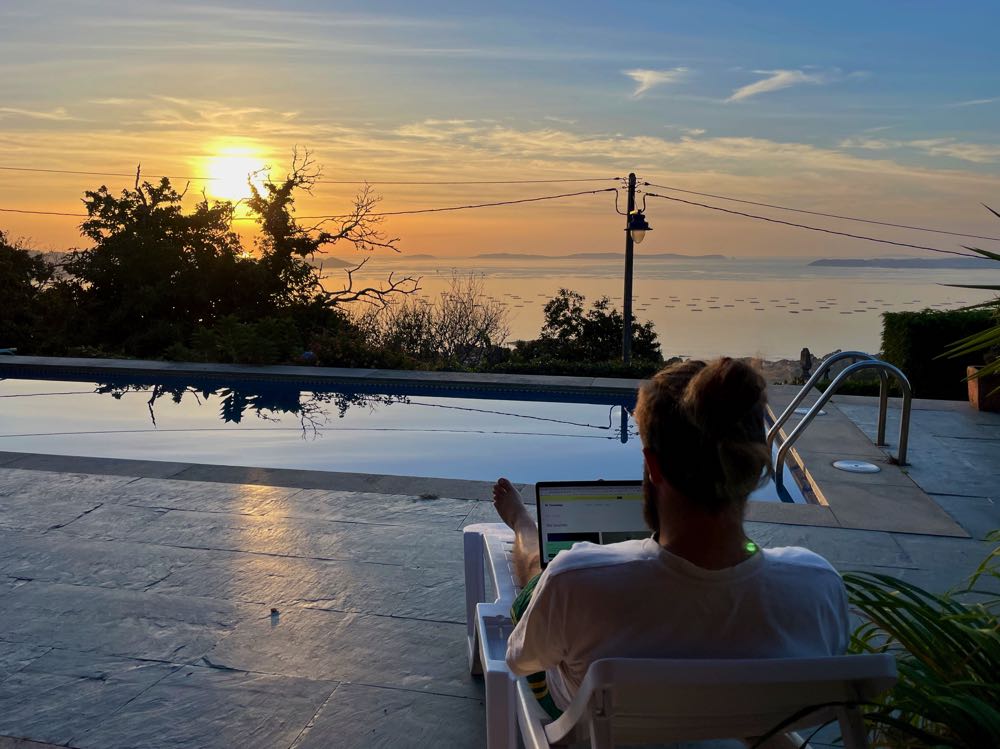

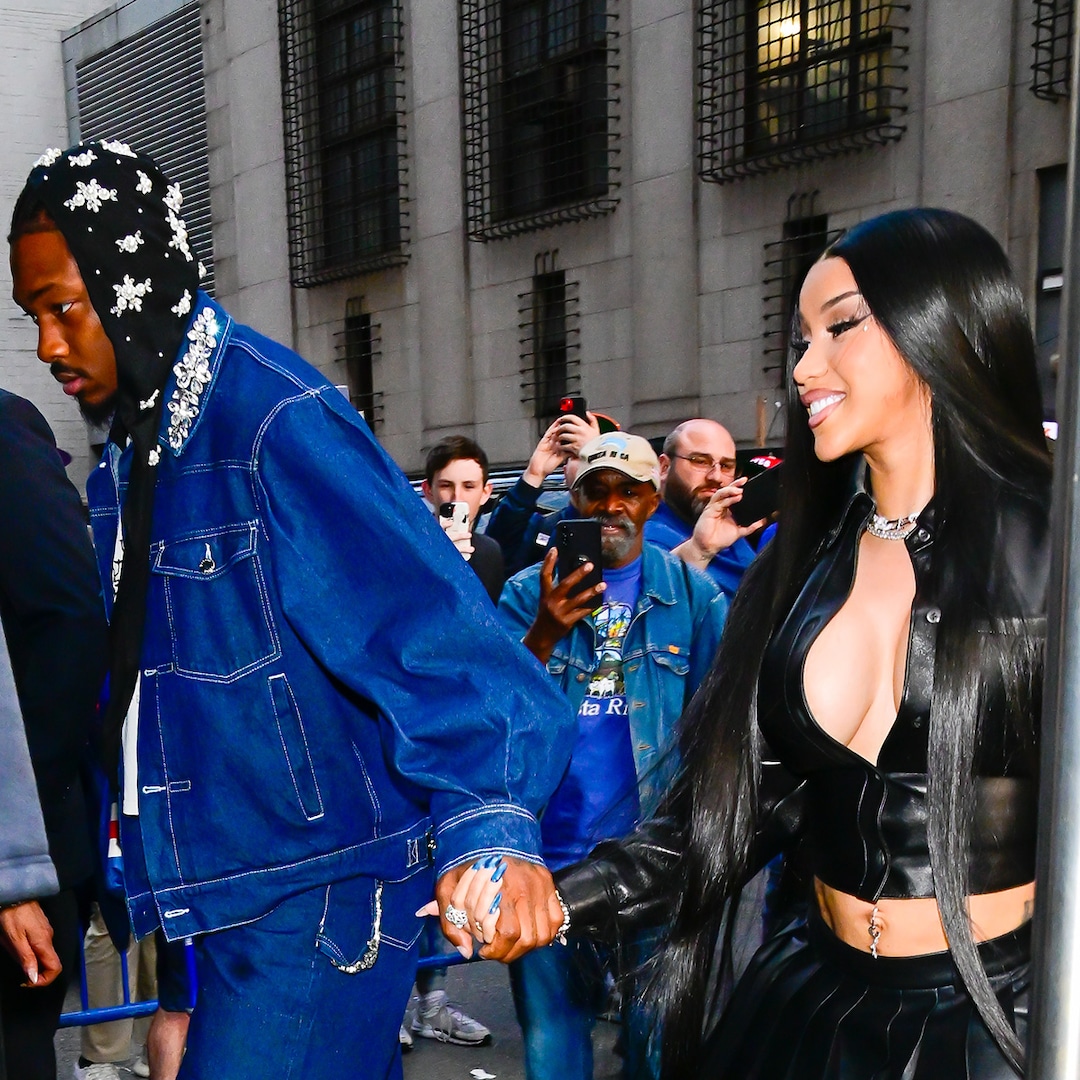


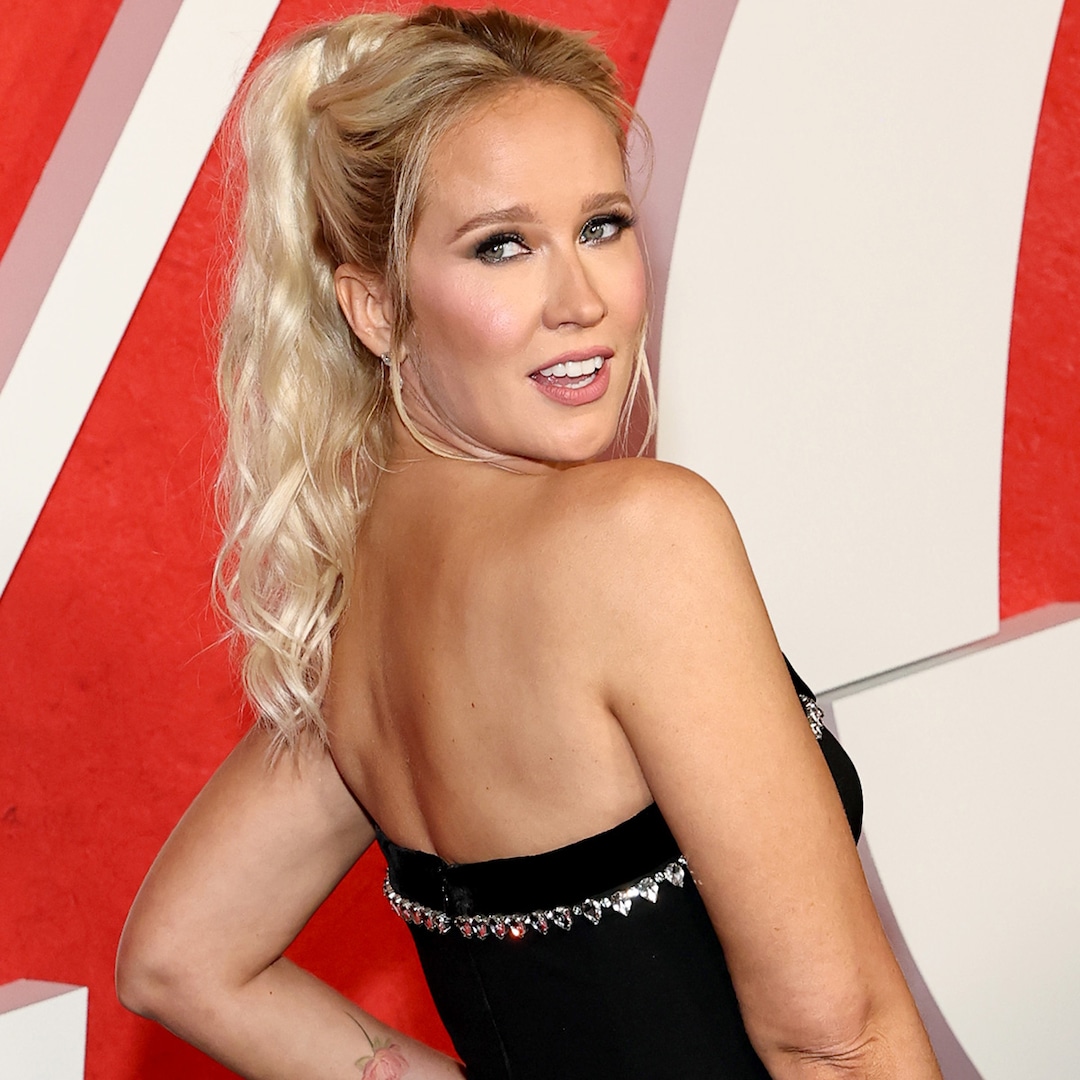








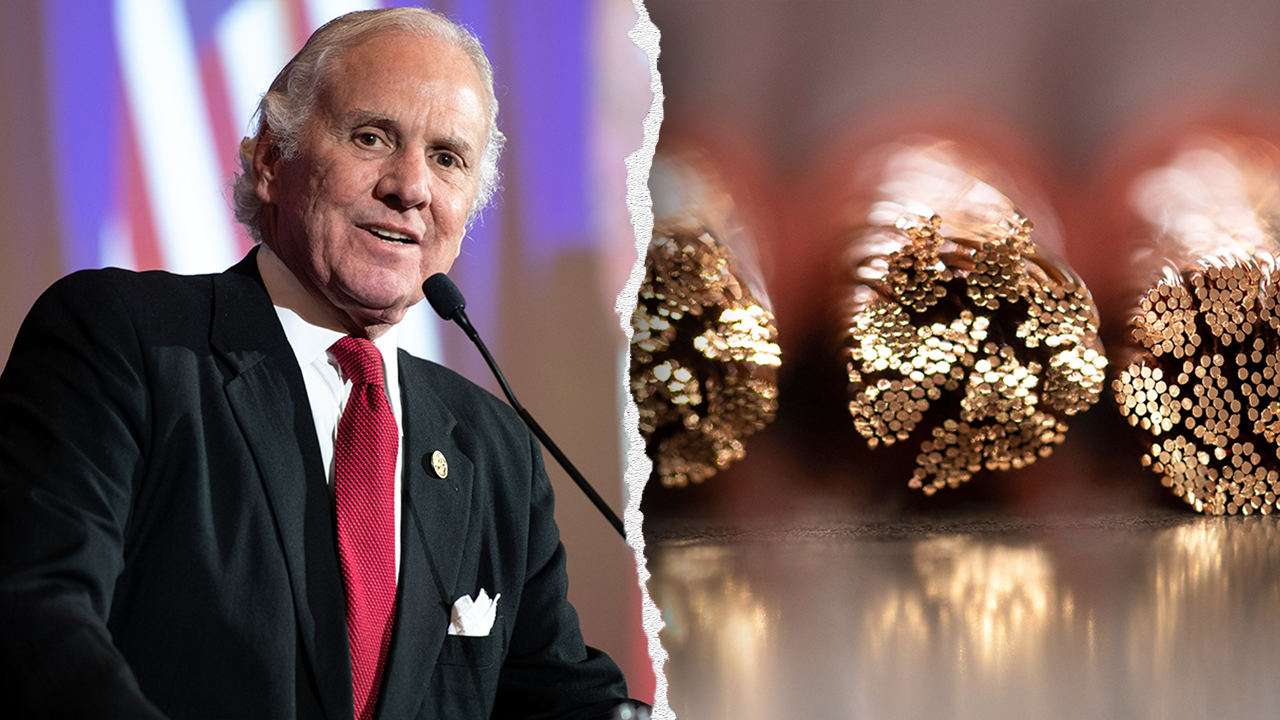
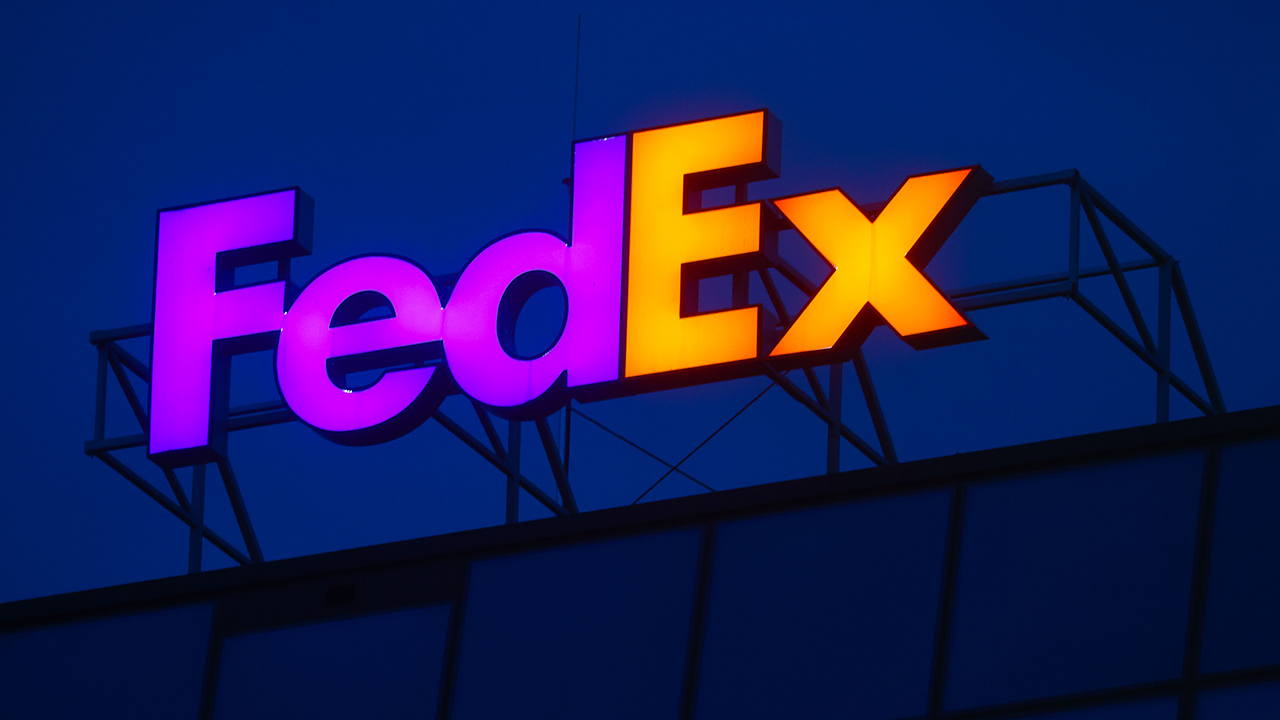
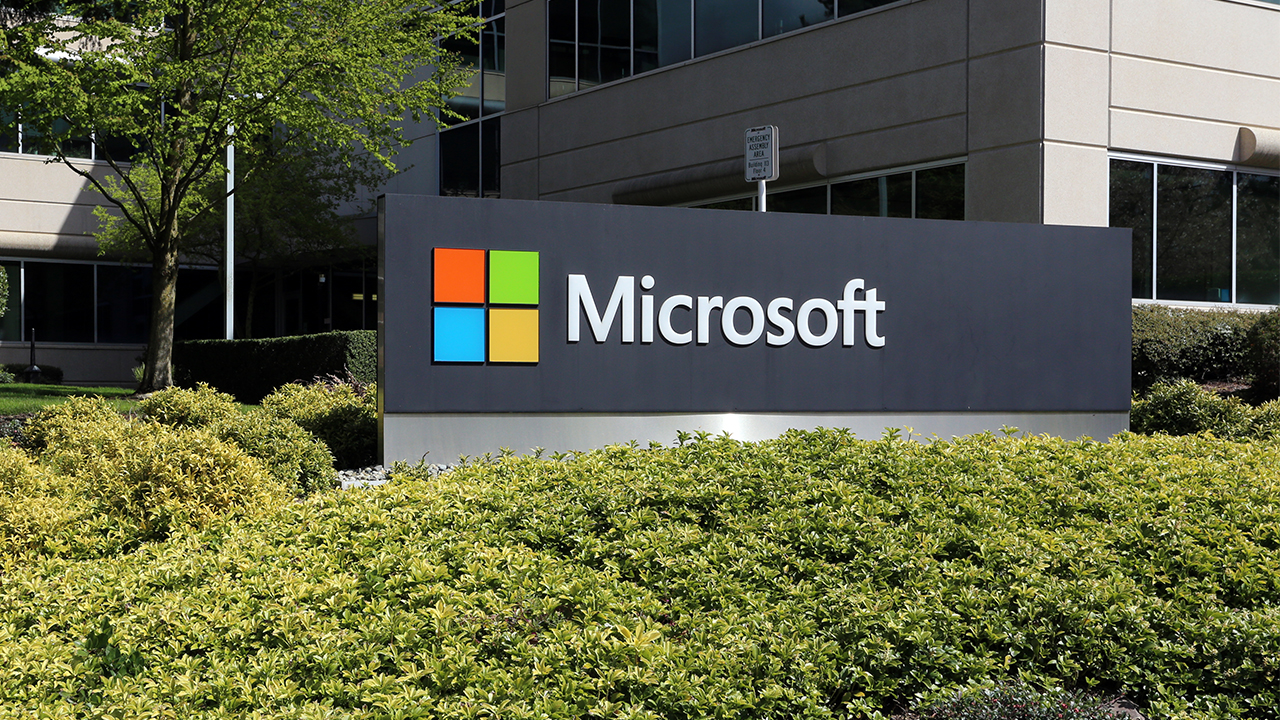


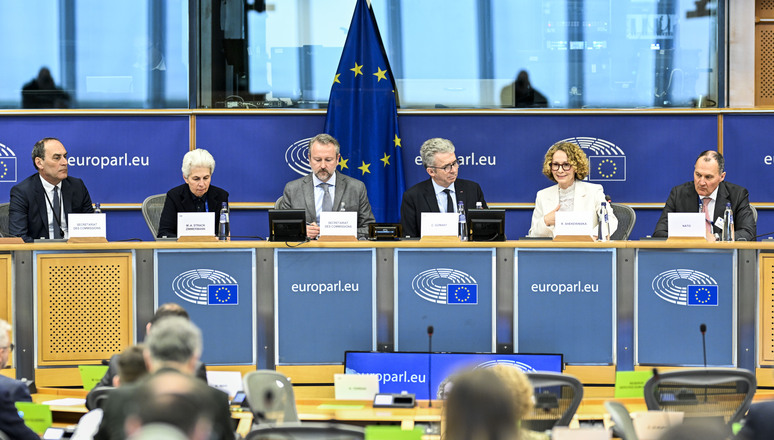

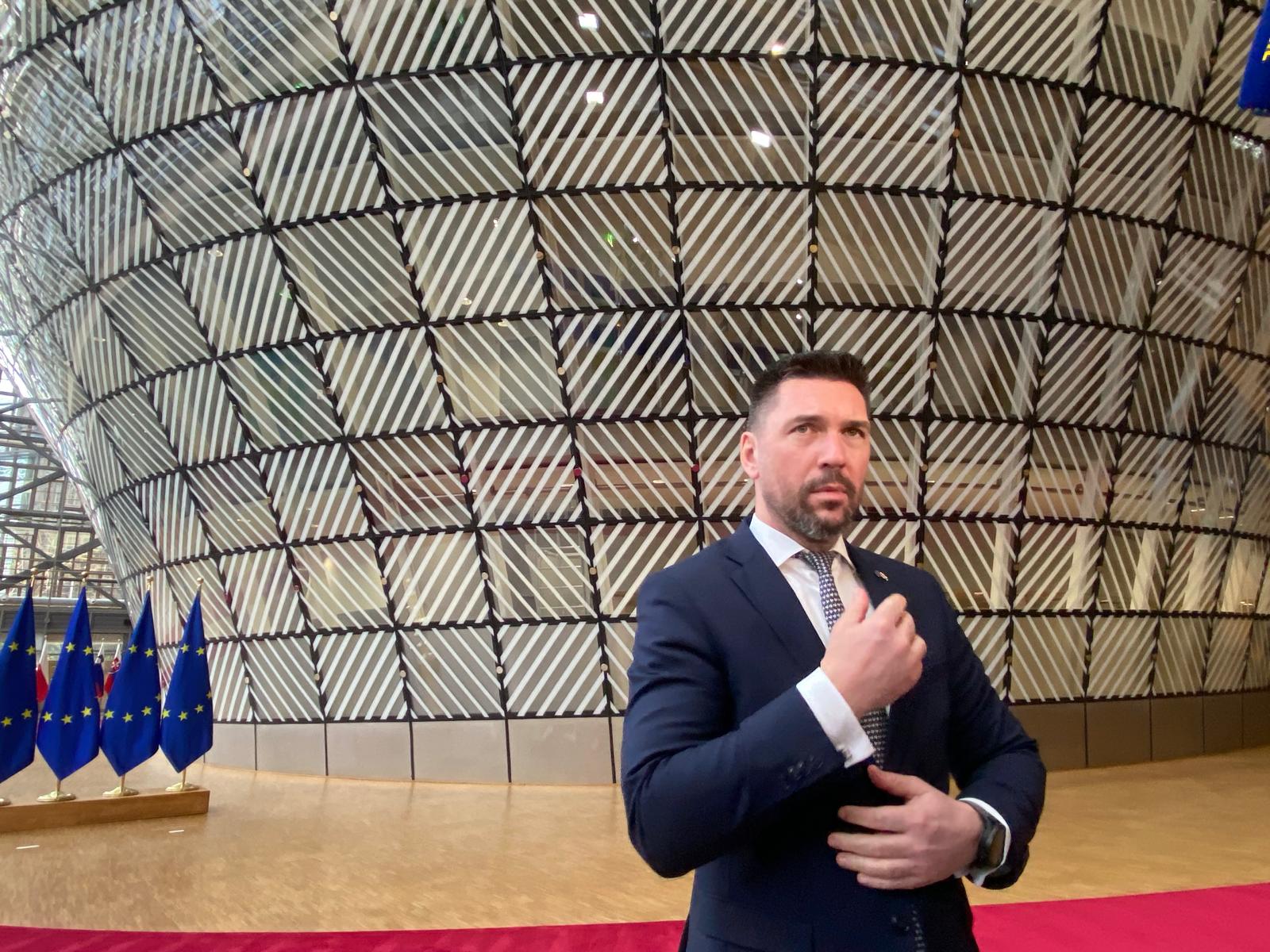
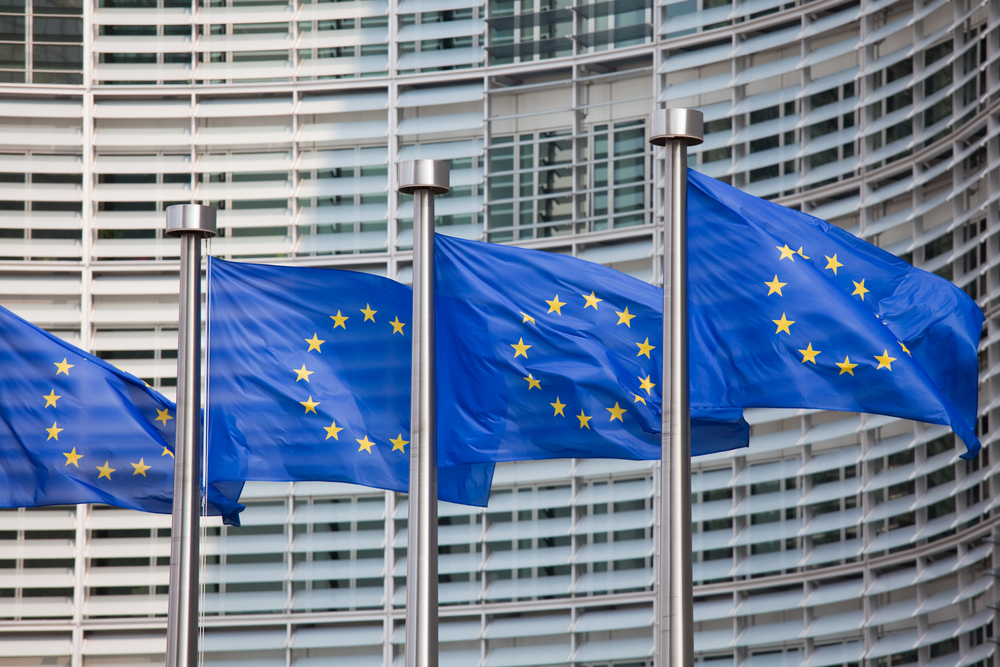

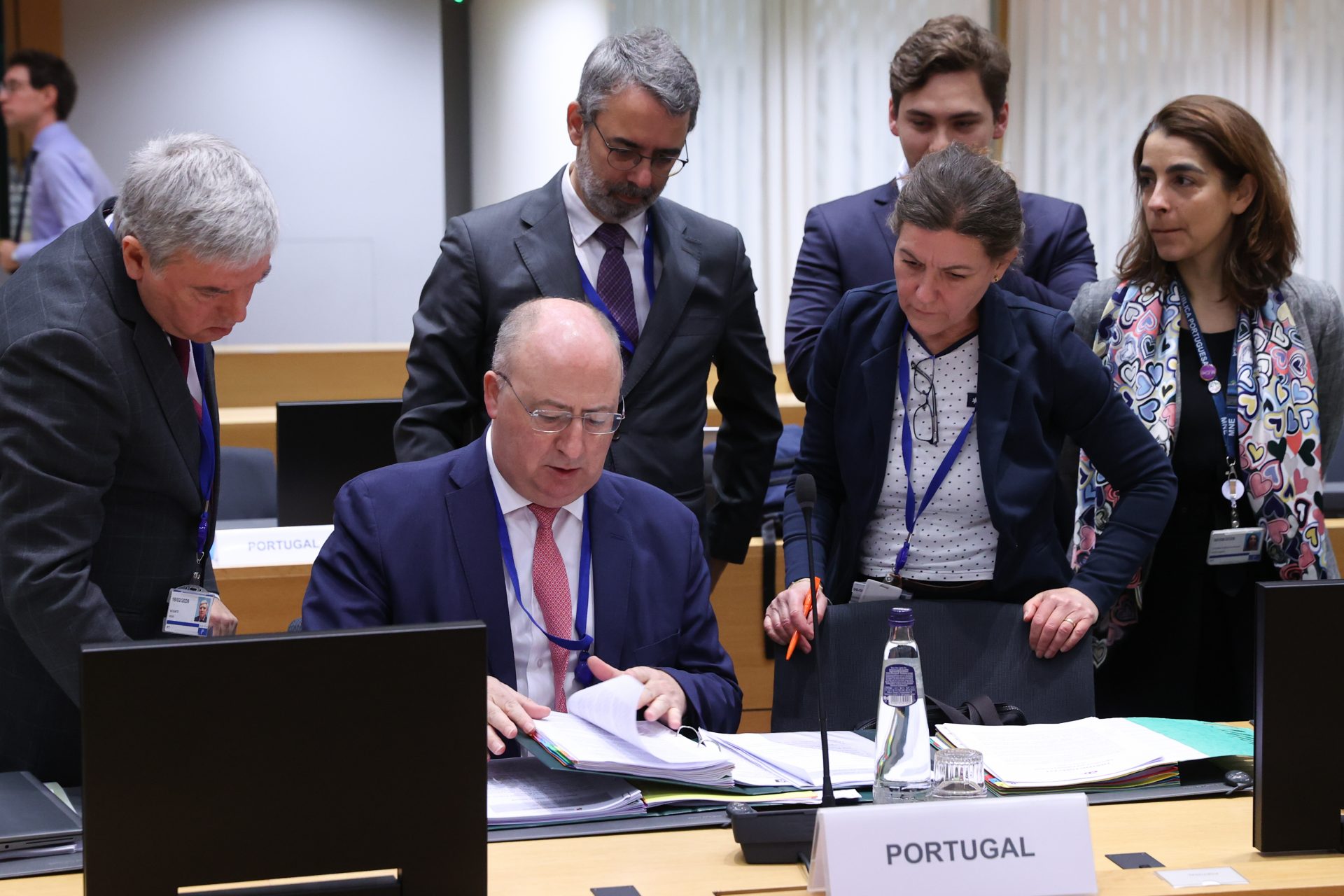


.png?Expires=1838763821&Key-Pair-Id=K2ZIVPTIP2VGHC&Signature=IO0~CT3pU-TcxGc~yoZSmoQx23MZVuK-~4jSii~NKEblRmyO3el7NXPu~Rh1o23voASg7hlcHLw4kvQuDK1jssEhcjoNBBvEpZ~GGOAU6yosBhpHpeF179F~h7i6VxmsBNh9gtTutkoqY73O2YCFey~IAqSzKbBqETP1kP9cAg1916Z1YkJJs-5MliMrkZ5d7-mWGLbpHp2wGj2VlMph8XzYlL4~y1O7fB~JdIS~Rs4RMRs2x0WT1qUIpHAsf3GdwtOyAmKFSpIg8xCyNGZZ5h~13nXlmpd7uPvW8tBfttpG9pFTqcway-uch5WyfHOEfi7UlJCOWrr6fCYY5PMgSg__)







